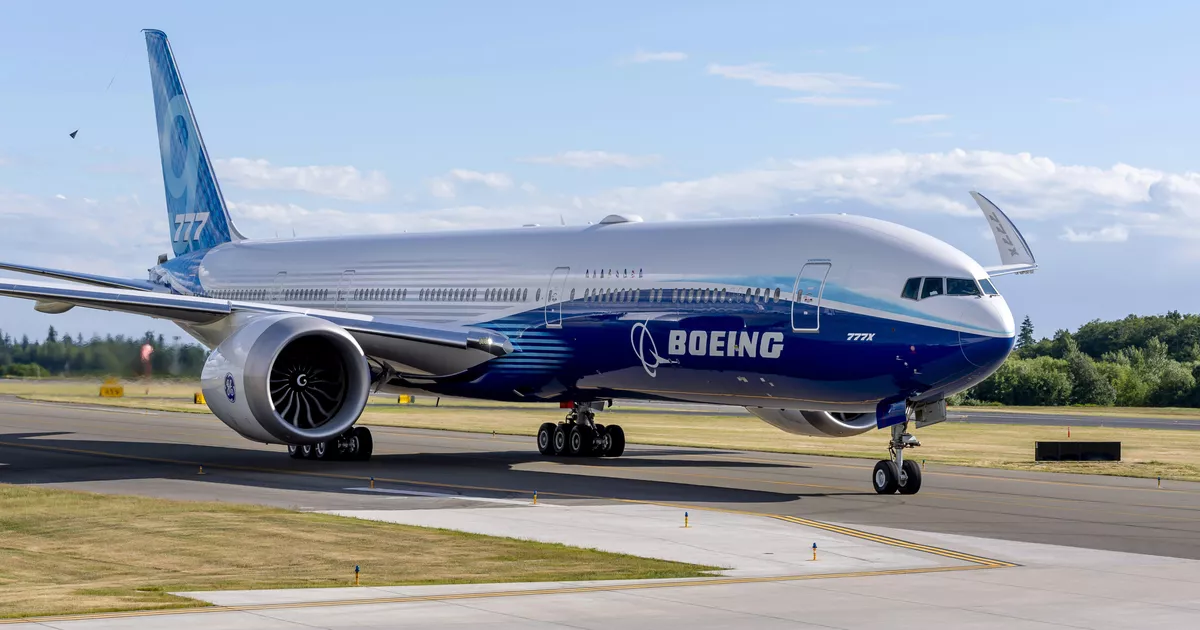Boeing expects the global air cargo fleet to grow by more than 60% through 2039 banking on the need for more freighters to be driven by e-commerce and the need to move more high-value commodities.
The American planemaker said enabled by a rebound in global trade and long-term growth, the forecast demand for freighters over the next 20 years, is 2,430 including 930 new production freighters and 1,500 freighters converted from passenger airplanes.

“Freighter operators have been in a unique position in 2020 to meet market requirements for speed, reliability and security, transporting medical supplies and other goods for people and communities around the world,” Darren Hulst, vice president of Commercial Marketing told a virtual briefing as the company released its biennial World Air Cargo Forecast (WACF), reflecting COVID-19 impacts and opportunities as well as substantial long-term demand for freighters over the next two decades.
“Looking ahead, dedicated freighters will be even more critical to compete in air cargo markets; they carry more than half of air cargo traffic, and airlines operating them earn nearly 90% of air cargo industry revenue,” he said.
According to the new forecast, world air cargo traffic will grow at 4% per year over the next 20 years.
E-commerce boost cited
In addition to projecting long-term demand for freighters, Boeing said e-commerce gave the industry a major lift as passenger demand remained weak.
"E-commerce, which was growing at double-digit rates prior to the pandemic, has accelerated its impact on the air cargo market as more businesses shifted to online selling platforms."
Year to date through September, express carriers increased traffic by 14%.
Meanwhile, passenger belly cargo, which in 2019 accounted for about half of the world air cargo capacity, was significantly reduced when airlines parked thousands of planes, Boeing said.
In turn, freighter operators responded by operating above normal utilization levels, and traffic for all-cargo carriers grew 6%.
"So far in 2020, approximately 200 airlines used more than 2,000 passenger widebody aircraft for cargo-only operations to generate cash flow and support global supply chains," it said.
"These passenger freighters have taken up some of the capacity shortfalls and, in some cases, generated quarterly profits for carriers despite minimal passenger operations."